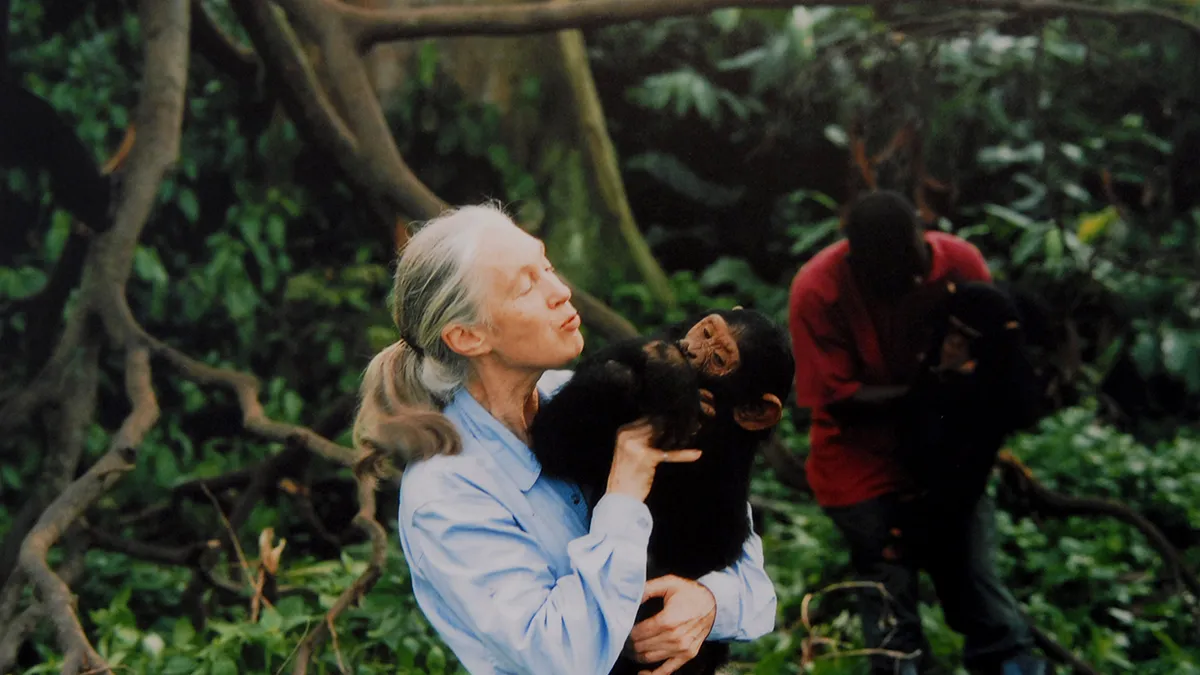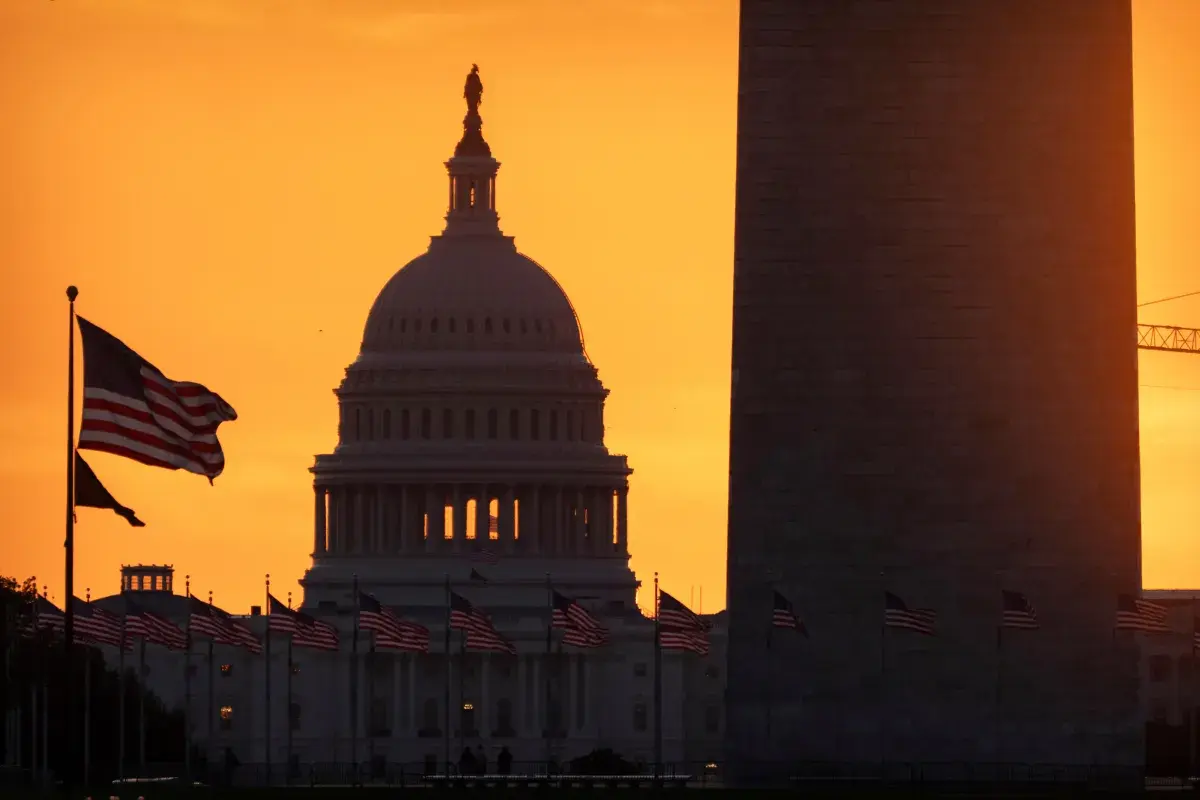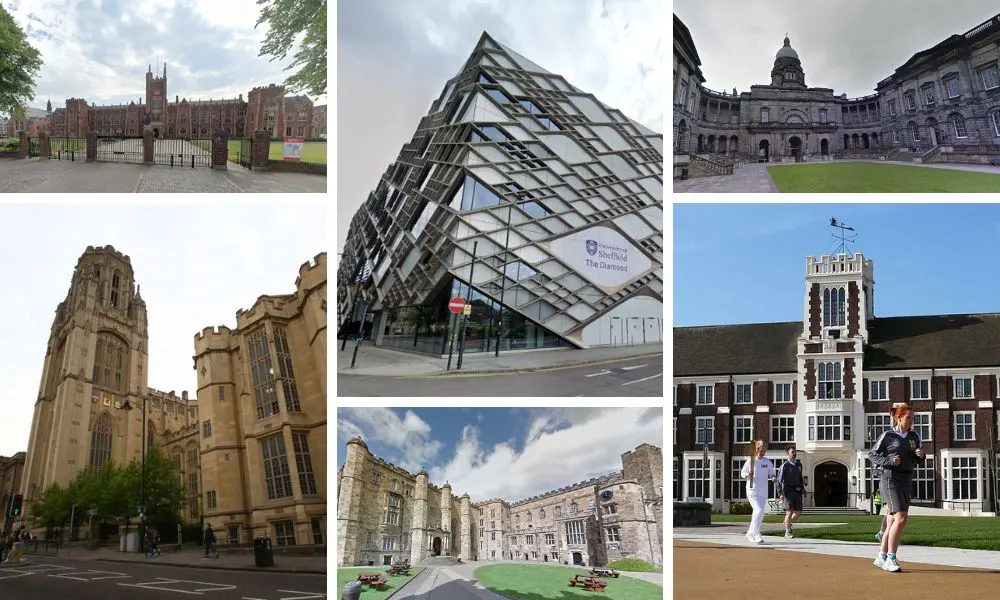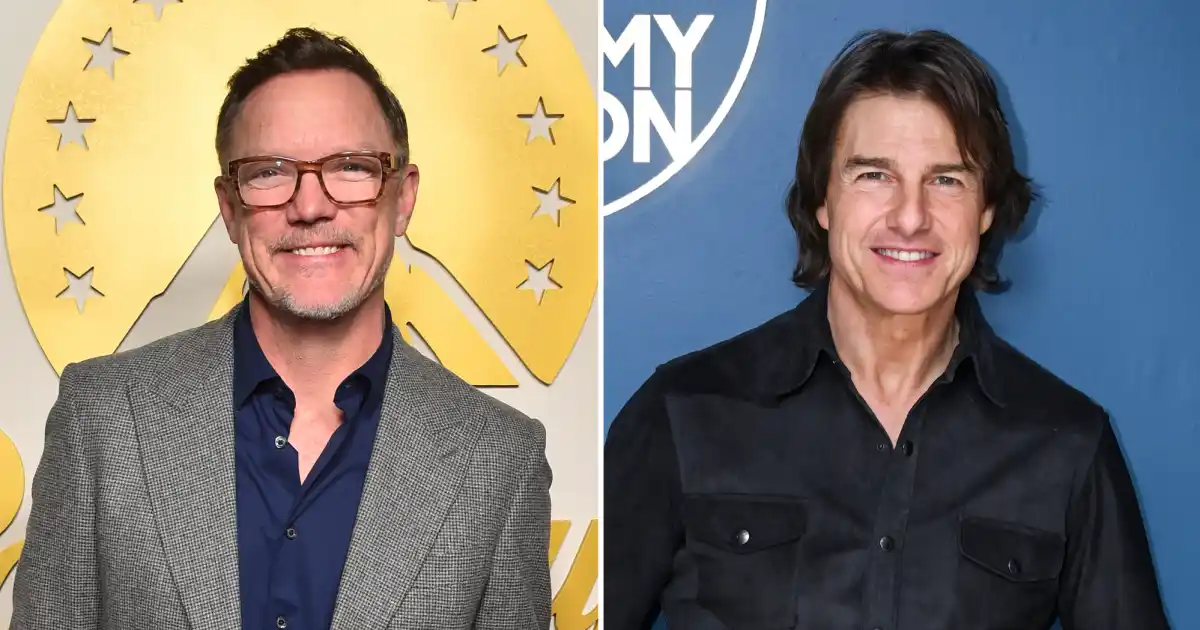
Jane Goodall, world renowned for her pioneering work studying chimpanzees in what is now Tanzania and a longtime conservationist, has died, according to a statement from the Jane Goodall Institute. She was 91.
She died of natural causes, according to the statement, while she was in California on a speaking tour.
“Dr. Goodall’s discoveries as an ethologist revolutionized science, and she was a tireless advocate for the protection and restoration of our natural world,” the Institute said in its statement.
Goodall continued to work protecting chimpanzees from extinction until her death. As part of that campaign, she believed it was necessary to improve the lives of the local people, mostly with anti-poverty and youth education programs through the Jane Goodall Institute, and she spoke about the environmental problems facing the planet as she traveled the world.
Goodall focused on chimpanzees for more than 60 years, studying their family and social relationships. She was 26 when she traveled from England to what is now Tanzania in July 1960. She entered the forest in the Gombe Stream National Park with only a notebook and binoculars, according to the Jane Goodall Institute.
Known for her optimism, she wrote “The Book of Hope: A Survival Guide for Trying Times” in 2021 with Douglas Abrams. In an interview with The New York Times that year, she acknowledged the threats from climate change and biodiversity loss but warned that humans could not become apathetic.
Of her image of hope, she said, “It’s like a very dark tunnel full of obstacles, but right at the end, there’s that little light gleaming. And in order to get to that little light, you’re just going to have to fight to get there. It wouldn’t happen unless you make the effort.”
She thought every person had a role to play in improving the Earth, however small, she said. She told The New York Times that young people were passionate in bringing about a better future, whether planting trees, raising money for hurricane victims or saving koalas.
Nor did she shy from death. She included in her book a chapter called “Jane’s next great adventure,” which was dying. From her own experiences, she believed there was “something” after death.
“And if that’s so, then I can’t think of a greater adventure than finding out what’s there,” she said. “What’s next?”
When she was 89 in June 2023, she visited the Arizona Science Center for the debut of the documentary, “Reasons for Hope.”
Asked if there was anything in her career that she regretted not doing, Phoenix Magazine reported that she answered: “The things I’d like to do, I can’t do now, so there’s no point. Like climbing mountains in Papua New Guinea. Nothing I feel I wouldn’t be complete without.”
When Goodall first entered the forest of Gombe, the world knew little about chimpanzees and their genetic closeness to humans.
“She took an unorthodox approach in her field research, immersing herself in their habitat and their lives to experience their complex society as a neighbor rather than a distant observer and coming to understand them not only as a species, but also as individuals with emotions and long-term bonds,” according to the Jane Goodall Institute.
Goodall received many awards, including the Templeton Prize in 2021, the Medal of Tanzania, the National Geographic Society’s Hubbard Medal, Japan’s Kyoto Prize, the Benjamin Franklin Medal in Life Science, a UNESCO 60th Anniversary Medal, the Gandhi/King Award for Nonviolence and the French Legion of Honor. She was named a Dame of the British Empire in a 2004 ceremony at Buckingham Palace and was a U.N. Messenger of Peace.
In her podcast, The Jane Goodall Hopecast, she turned her investigative eye on a new subjects: humans. Her guests ranged from author Margaret Atwood to Azzedine Downes, the president and CEO of the International Fund for Animal Welfare, with whom she talked about wildlife conservation, the coronavirus pandemic and humans’ connection with the natural world.
Goodall was born in London on April 3, 1934. According to her biography, she had been fascinated by the wildlife of Africa since early childhood after discovering the stories of Tarzan and Dr. Doolittle. She traveled to the Kenya in 1957 to the farm of a family friend and there met the paleoanthropologist Dr. Louis Leakey. Her pioneering study of the chimpanzees was at his invitation.
In 1960, she discovered that chimpanzees make and use tools, a significant advancement, according to the Jane Goodall Institute.
That observation “revolutionized the world of primatology and redefined the relationship between humans and the rest of the animal kingdom,” according to her biography.
She established the Jane Goodall Institute in 1977. Its Roots & Shoots program, which was created in 1991, helps to promote best practices in animal welfare and applications of science and technology.
Before the coronavirus pandemic, Goodall traveled about 300 days a year to speak about the dangers facing chimpanzees among other environmental crises and why she feels hopeful. She emphasized the dangers of the transfer of zoonotic disease and humans’ imbalance with the natural world as exemplified by COVID-19.
Goodall was an international spokesperson for the World Economic Forum Trillion Tree Campaign with Marc Benioff, which was begun in February 2020.
Goodall was the subject of a number of television documentaries, among them one from 2002 called “Jane Goodall’s Wild Chimpanzees,” the 2010 documentary “Jane’s Journey” and the 2017 National Geographic documentary, “JANE.”
Goodall was married twice, first to Baron Hugo van Lawick, from whom she was divorced, and the Honorable Derek Bryceson, a British M.P., who died earlier. She had one son, Hugo Erick Louis van Lawick.



